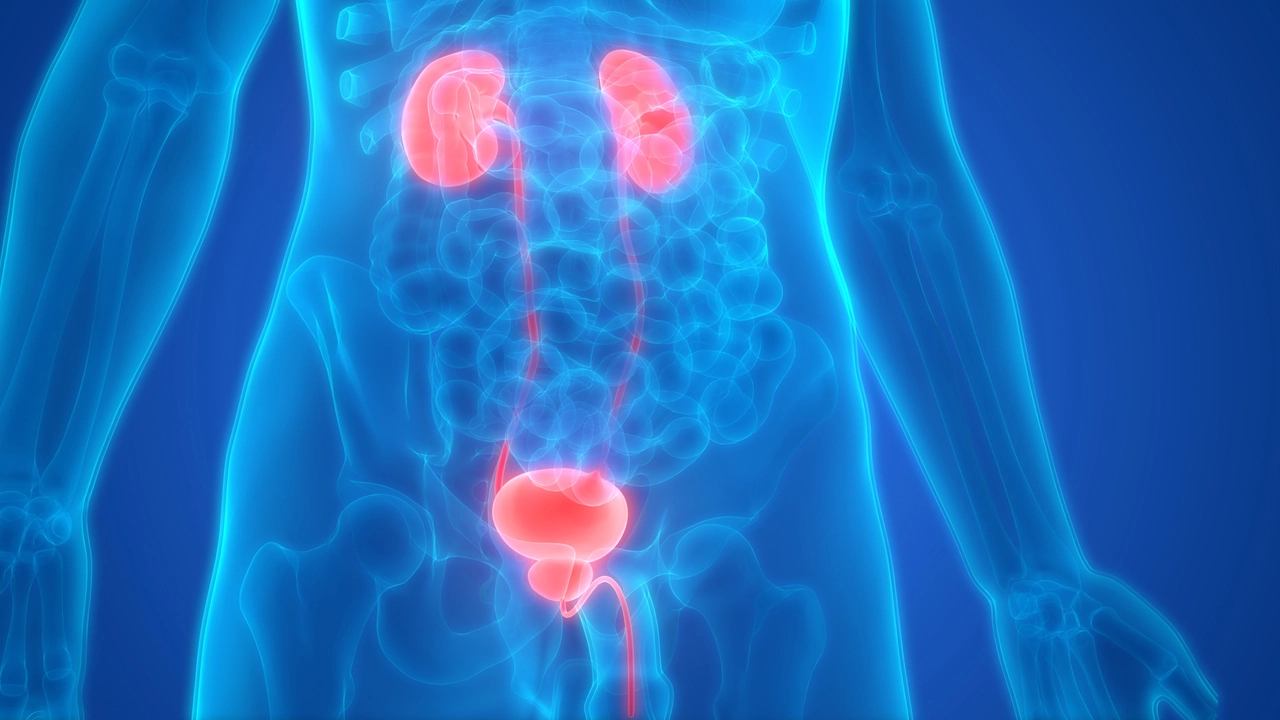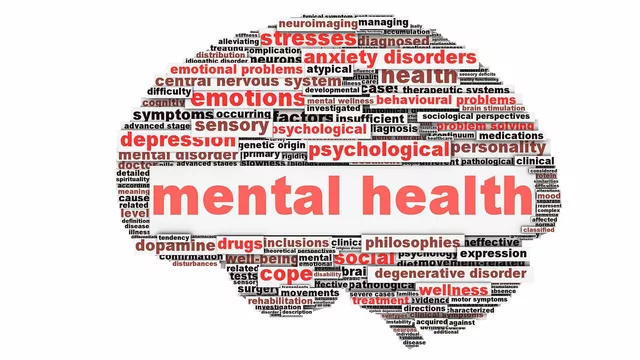Understanding Hiccups: The Basics
In the realm of human health, hiccups are often considered more of an annoyance than a serious concern. They are involuntary contractions (spasms) that occur in your diaphragm, the muscle that separates your chest from your abdomen and plays an essential role in breathing. Each contraction is followed by a sudden closure of your vocal cords, which produces the characteristic 'hic' sound. Hiccups can be triggered by a variety of factors, including eating too quickly, consuming certain foods or drinks, emotional stress or excitement, and certain medications.
Exploring Gastrointestinal Health
When we talk about gastrointestinal health, we're referring to the health of our digestive system. This includes the stomach, small intestine, and large intestine, as well as the liver, gallbladder, and pancreas. These organs work together to break down food, absorb nutrients, and expel waste from the body. Gastrointestinal health is crucial for overall health and wellbeing, and problems in this system can lead to a variety of symptoms and health issues, including heartburn, acid reflux, bloating, constipation, diarrhea, and more serious conditions like peptic ulcers and irritable bowel syndrome (IBS).
The Link Between Hiccups and Gastrointestinal Health
At first glance, it might seem strange to suggest a connection between hiccups and gastrointestinal health. However, hiccups can be a symptom of an underlying gastrointestinal problem. For example, gastroesophageal reflux disease (GERD), a condition characterized by frequent acid reflux, can sometimes cause hiccups. Similarly, conditions that cause inflammation or irritation of the nerves that control the diaphragm can lead to hiccups. These conditions include peptic ulcers, pancreatitis, and gastritis.
How Gastrointestinal Issues Can Trigger Hiccups
So, how exactly do gastrointestinal issues trigger hiccups? It's all about the nerves. The diaphragm's movements are controlled by the phrenic nerves, which run from the neck to the diaphragm. If these nerves are irritated or damaged, it can lead to hiccups. Some gastrointestinal conditions, such as GERD, gastritis, or peptic ulcers, can cause inflammation or irritation in these nerves, leading to hiccups. In addition, bloating or distension of the stomach, which can occur with overeating, drinking carbonated beverages, or certain gastrointestinal disorders, can also irritate the diaphragm and lead to hiccups.
Identifying and Treating Gastrointestinal-Related Hiccups
If you're experiencing persistent or chronic hiccups, it might be a sign of an underlying gastrointestinal issue. It's important to seek medical attention to identify and treat the root cause. This may involve tests to assess your digestive system, such as an endoscopy or a barium swallow, and treatment may involve medications to reduce stomach acid, manage inflammation, or treat an infection. In some cases, lifestyle changes, such as dietary modifications, stress management techniques, or weight loss, may also be recommended.
Ensuring Good Gastrointestinal Health to Prevent Hiccups
Maintaining good gastrointestinal health can help prevent hiccups and a host of other health issues. This involves eating a varied and balanced diet rich in fruits, vegetables, whole grains, and lean proteins, staying hydrated, getting regular exercise, and managing stress. Additionally, it's important to avoid overeating, limit intake of fatty or spicy foods, and limit alcohol consumption. If you have a known gastrointestinal condition, follow your healthcare provider's recommendations for managing your condition. Remember, hiccups might be more than just an annoyance - they could be a sign of an underlying gastrointestinal issue.





Vasudha Menia
July 27, 2023 AT 15:28Mim Scala
July 27, 2023 AT 17:27Bryan Heathcote
July 27, 2023 AT 23:26Snehal Ranjan
July 28, 2023 AT 13:23Sabrina Aida
July 28, 2023 AT 15:35Alanah Marie Cam
July 29, 2023 AT 14:35Patrick Hogan
July 30, 2023 AT 10:22prajesh kumar
July 30, 2023 AT 14:36Arpit Sinojia
July 30, 2023 AT 19:03Kshitiz Dhakal
July 31, 2023 AT 06:44kris tanev
August 1, 2023 AT 02:29Mer Amour
August 1, 2023 AT 20:42Cosmas Opurum
August 2, 2023 AT 06:28peter richardson
August 2, 2023 AT 23:27Uttam Patel
August 3, 2023 AT 02:44Kirk Elifson
August 4, 2023 AT 01:02Nolan Kiser
August 4, 2023 AT 18:23